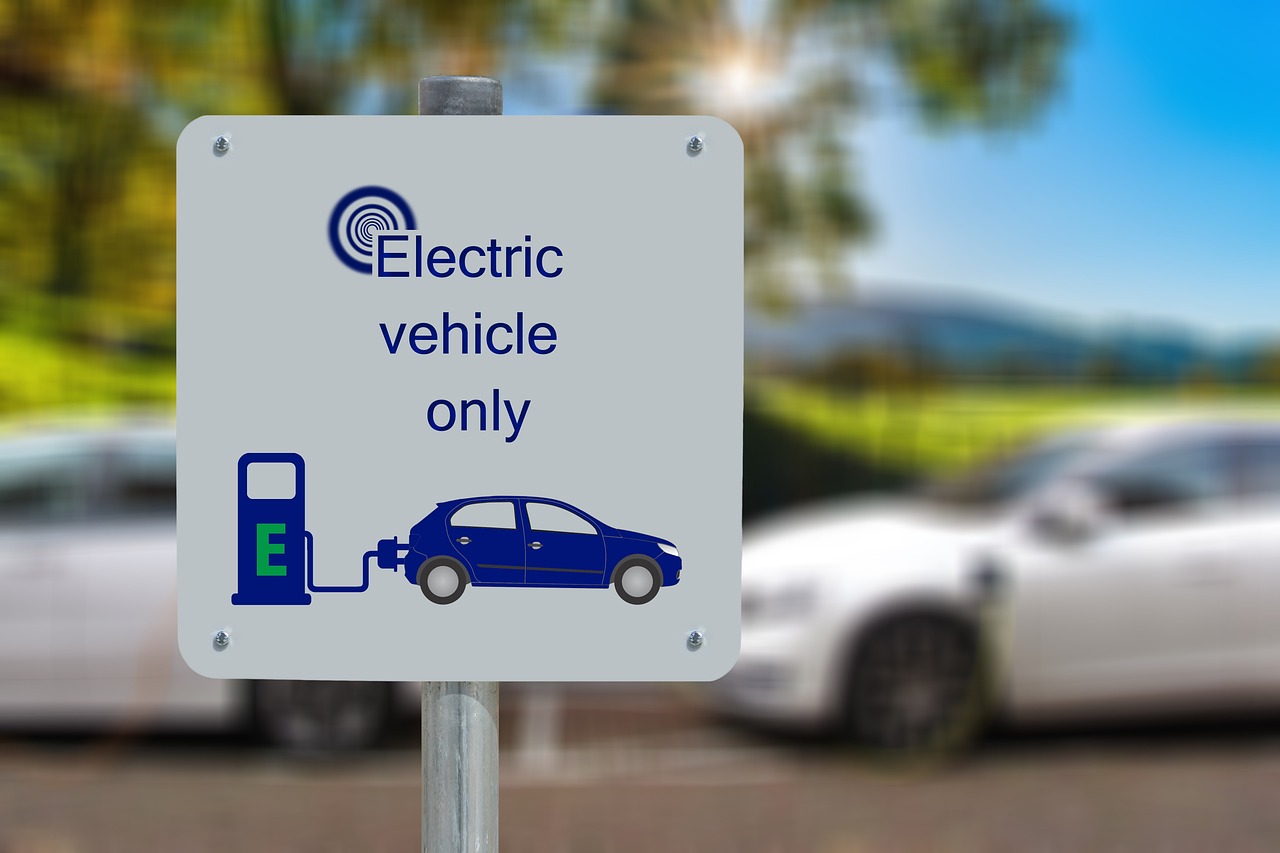Australia is rapidly transitioning into the age of electric vehicles EVs, and car charging stations Australia are a vital factor in it. The growing demand for private and environmentally friendly transportation has increased dramatically over the past decade. EVs have proved to be an excellent choice for those who want to reduce their carbon footprint and save on fuel expenses in the long run. However, the inadequate charging infrastructure in Australia presents one of the main roadblocks to a widespread adoption of electric cars.
But what are car charging stations Australia? Simply put, they are the petrol stations for electric vehicles. Different from petrol stations, EV chargers are electrically powered rather than mechanically powered. They come in three primary levels, each with varying charging speeds. Level 1 and Level 2 chargers are generally home-based stations that provide slower charging speeds suitable for overnight charging. Level 3 is the fast charger, commonly offered at Highway stopovers and shopping centres, capable of providing an 80% charge in just 30 minutes. These chargers are a critical facet in enabling EV drivers to go on long drives, as the range of electric vehicles is still not equal to that of petrol or diesel-run vehicles.
There are majorly three types of EV charging stations available in Australia:
- Public stations: These are the most common and usually located in public areas such as shopping centres, parking lots, and public transportation systems. These chargers give EV drivers access to on-the-go charging.
- Workplace stations: These provide EV owners with a charging option while they are at work.
- Home-based stations: These are Level 1 and Level 2 chargers that EV owners usually install in their homes to charge their cars overnight.
The Federal Government of Australia has set an ambitious target of increasing EV sales to reach between 26 percent and 50 percent of new vehicles sales by 2030.
Private companies, including hotel chains and shopping centres, also play a vital role in developing the charging infrastructure. Many organisations in Australia have already announced their collaboration to build more charging stations in a bid to make EV ownership hassle-free.
However, like any other infrastructure system, the development of EV charging stations in Australia is still a work in progress. One significant issue is the cost of installation and maintenance, which is comparatively high, and many EV owners prefer not to install EV chargers in their homes. Additionally, a lack of government regulations and industry standards means that public charging stations from different manufacturers may not be compatible with all EV models, which may lead to inconveniences for users.
The move towards electric vehicles in Australia is at an unprecedented rate, and every stakeholder, from government to private industries, is putting in their best effort to make it favorable for EV users. However, challenges like cost and the inconsistency of charging stations still linger. With more significant investment by stakeholders and regulated guidelines by the Government, Australia is on its way to a more significant uptake of electric vehicles and a greener and a more sustainable future.
